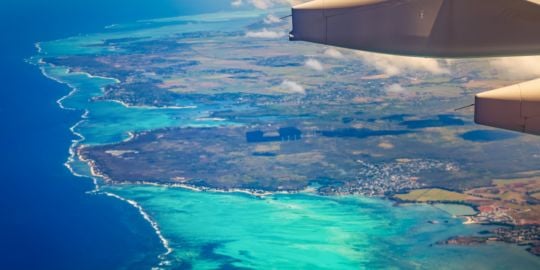Vaccination open to all and vaccine mix
Since Monday, vaccination has been open to everyone in Mauritius. Anyone who wants to be vaccinated can therefore go to the vaccination centers without an appointment made with the Economic Development Board beforehand. In addition to opening vaccination campaigns, the Mauritian government has also extended the vaccination obligation to the airport, port, prisons and retirement homes. The aim being to see the vaccination rate climb to 60% by the end of the month. As of today, only 42% of the population living in Mauritius is vaccinated.
Over and above that, the vaccination committee also approved the vaccine mix, albeit only under certain conditions. For example, a person who has had an allergy to a vaccine will be offered another vaccine for their second dose
New police chief
Anil Kumar Dip will take over the interim position of Police Commissioner. The latter replaces Khemraj Servansing whose contract ended on Tuesday, August 3. Contract which he did not wish to see renewed. Anil Kumar Dip took office on Tuesday after a handover exercise. Anil Kumar Dip graduated in Police Studies, has an MA in Police Science and Management from the University of Portsmouth in England, and is currently working on his PhD in the same field.
In Mauritius, the Prime Minister is responsible for appointing the Commissioner of Police, head of the police force, and the contract is for six months or one year.
Finance bill voted
The Finance bill, the bill that will enforce budgetary measures announced last June, was voted in the Mauritian parliament on Tuesday. This comes after almost two months of debate in the National Assembly. In addition to the new rules surrounding financial and offshore services and the digital rupee, several interesting amendments should be noted. For example, the government will establish a Trusted Trader Certificate that will allow importers to import commodities without going through the usual lengthy administrative procedures.
World Bank: The Mauritian economic environment is more that of a middle-income country
A World Bank report released this week concludes that the Mauritian economic climate is more akin to the climate of a middle-income country. Although for the past few years the country has oscillated between a high income country and a middle income country. According to Joshua Wimpey, interviewed by the daily L'Express, it is the productivity of Mauritian companies that is closer to the productivity of middle-income economies. The main challenges facing the Mauritian economy are the lack of agreement with certain prosperous markets through trade agreements and the lack of technological innovation of Mauritian companies, and especially small and medium-sized enterprises.
















